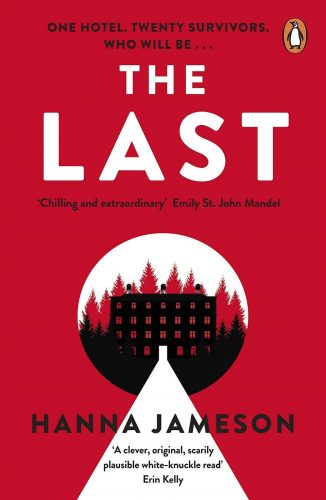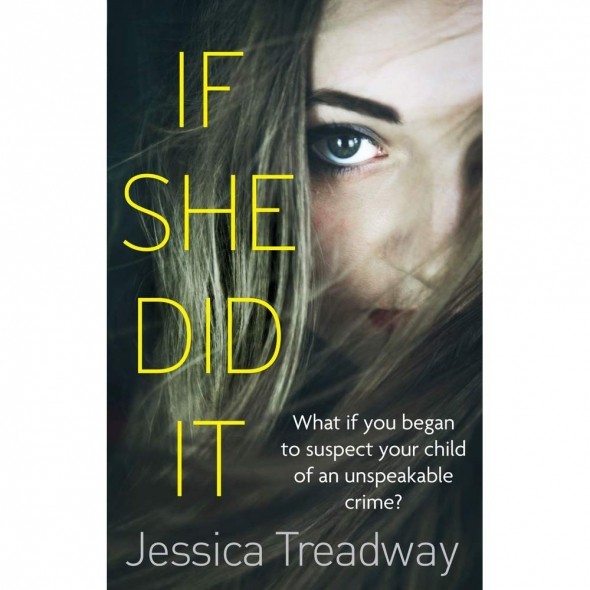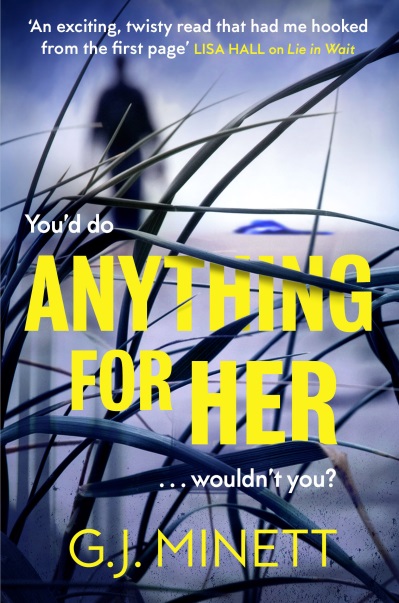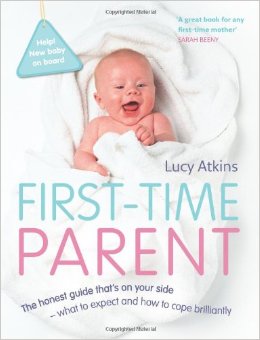
One hotel. Twenty survivors. Who will be…the last?
It’s not surprising that Hanna Jameson’s post-apocalyptic novel is so popular: America’s incumbent President is one who surely has us all wondering when, rather than whether, nuclear war will erupt. But what will happen when it does? Hanna Jameson has some ideas, and they aren’t pretty…
What’s it about?
THE WORLD ENDS IN NUCLEAR WAR
You and nineteen other survivors hole up in an isolated Swiss hotel.
You wait, you survive.
Then you find the body.
One of your number has blood on their hands.
The race is on to find the killer…
BEFORE THE KILLER FINDS YOU.
What’s it like?
Claustrophobic, convincing and compulsive reading, ‘The Last’ is so horrifying because it is simply so believable. The world ends and we discover this fact how? Through social media, of course. There is something in this notion that fundamentally depresses me – perhaps it is the idea of information so vital, so enormous and brutally life-changing, conveyed in nuggets and snippets designed to titillate on platforms which are fundamentally frivolous.
The hotel guests and staff respond in a perfectly convincing plethora of ways to this shocking news: there is panic, a mass departure, inertia, a settling in and a handful of suicides. Jon, an American historian, is one of the guests who chooses to stay – though ‘chooses’ may be quite the right word:
‘I’m going to wait until someone comes for us or an official procedure for evacuation is announced…someone will come eventually.’
Jon is not an especially likeable character, but his sense of morality and responsibility makes him simultaneously understandable and frightening:
‘I found myself thinking, almost like a mantra, that my vote, ultimately, had not mattered. Even though I had voted in favour…my vote hadn’t been a decider.’
Isn’t this exactly how we justify our actions – and, more crucially, our inaction? Our decision to opt out, to accept that what will be will be, to let someone else ask the hard questions, let someone else lead. Emily St John Mandel, author of post-apocalyptic novel ‘Station Eleven’ notes that the really chilling questions in this book are, ‘who will be with you at the end of the world, and what kind of person will you be?’
Anyway, leaving Jon’s personal popularity aside, it’s the end of the world, he’s worried he may never see his wife and children again, and after eighteen days he is forced to conclude that, ‘No one is coming for us. There is definitely no evacuation’. Although he puts pen to paper on day 3, deciding to document their experiences as (possibly) the last humans on earth, it is not until day 50 that Jon receives an unexpected motivator: he finds a dead body in a water tank. A young girl, hidden, submerged, murdered?
The Murder Mystery
What do humans live for? What gives us purpose and keeps us going when we might be tempted to give up? For Jon, there’s a vague sense of wanting to be helpful, wanting to document other people’s lives, but his driving force becomes investigating what happened to the young girl. To this end he interviews the other hotel guests, trying to establish who the girl was, what happened to her and whether one of the other guests was responsible.
Solving the mystery is slow work, and it seems that only Jon – and possibly the reader – actually care about the answer. Most of the other characters just can’t fathom why Jon cares so much about one dead child, when so many millions of people have died. Or is this purely deflection? Someone must know something…
After such a slow burn initially, the ending explodes with surprising revelations that answer what previously seemed unfathomable, but what will success with his quest mean for Jon?
Final thoughts
This is an incredibly creepy book and it feels constantly like unseen threats are lurking, just out of sight, waiting to pick off the hotel guests one by one. Most of the vast hotel is empty, leading Jon to reflect that there could be unknown guests, then the hotel itself is surrounded by dense forest. This sense of menace pervades the book and, coupled with Jameson’s acute insights into group psychology, makes it hard to put down.
‘The Last’ is a compulsive tale of fear, loss, self-interest and small community life, that forces you to wonder – who will you be when the world ends?
Recommended for post-apocalyptic and murder mystery fans, and anyone with a strong interest in human psychology under pressure.


